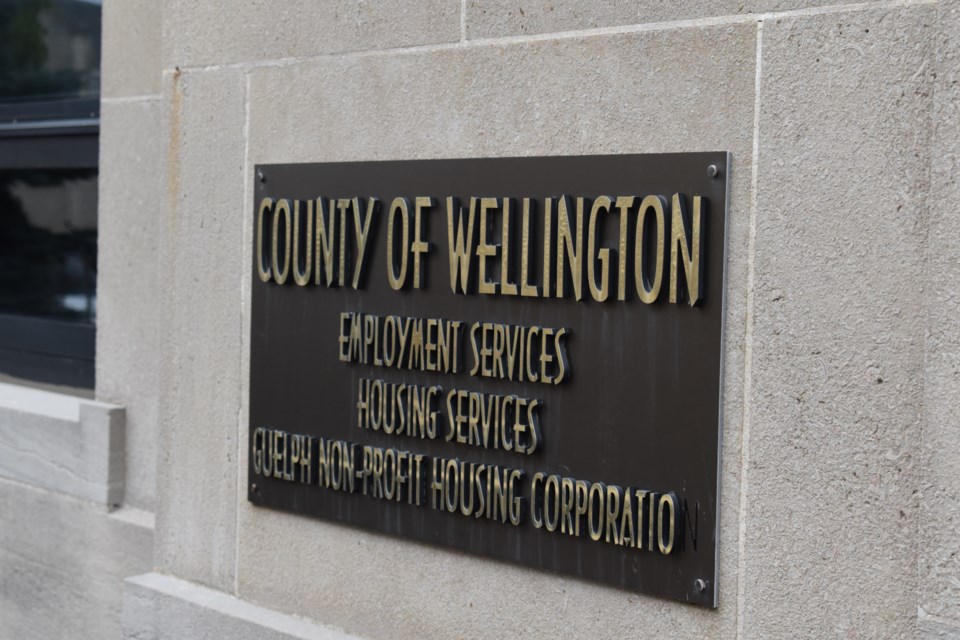A County of Wellington report shows the number of people waiting for subsidized housing in Guelph and Wellington County continues to trend upwards.
The County of Wellington Housing Services Status and Activity Report for the first two quarters of 2021 shows 313 more households on the wait list for rent-geared-to-income housing than there were at the end of 2020.
At the end of June there were 2,838 households on the wait list, compared to 2,525 at the end of last year.
The uptick comes following the noting of a small decline in the number of households on the centralized wait list following the start of the COVID-19 pandemic in March 2020.
Since 2015, however, the total number of households on the centralized wait list waiting for rent-geared-to-income has trended upwards.
From July 2020 to June 2021 the average wait time for those who were housed was 2.1 years, however, certain factors play into the wait time, and removing those places the average wait time to be housed closer to 3.75 years.
Mark Poste, director of housing with the County of Wellington Housing Services, said the amount of time that applicants will wait on the housing waiting list all depends on the number of properties they select as a preference. If someone selects all properties in the area that they are eligible for, then their waiting will be shorter than if they only select one or two properties.
“There are also some legislated priorities on the waiting list (example: survivors of domestic violence or human trafficking), that if eligible can really shorten a households waiting time,” Poste said in an email. “For these reason, determining waiting times is difficult.”
As these are the averages, some households end up waiting much longer, and some wait much shorter depending on the preferences that the household has selected in their application and the situation.
When asked about any trends he has noticed, Poste said social housing has an increase on average in housing retention.
“When looking at the households in a majority of our community’s social housing units from 2018 to 2020, the average time that a household had retained their housing has increased by one year, from 6.85 years in 2018 to 7.81 years by the end of 2020,” said Poste.
One of the key factors in the retention of social housing units is the hesitancy of households to move into the private market due to the increasing average monthly rent.
The latest monthly rental report from rentals.ca shows the average monthly rent of a one-bedroom unit in Guelph is $1,728, while the average rent for a two-bedroom is $2,035.
The same report shows a year-over-year increase of 13.4 per cent in the cost of renting a one-bedroom unit and a 16.1 per cent year-over-year rental increase in a two-bedroom unit.
Despite the increases, the City of Guelph dropped from the seventh most expensive city in August to the ninth most expensive in September.
“The hesitancy to move trend appears to be happening for households in the private rental market as well, as the trend was highlighted in the CMHC 2020 national rental market survey, said Poste. “While increased housing retention and stability is a positive trend, the reduced housing turnover also slows the ability for households waiting for housing to receive an offer.”
Two other factors noted by Poste are the community’s work to stabilize households before they reach a potential eviction and the impacts of pandemic lockdowns on a household’s ability to move.
The report notes housing placements so far in 2021 are slightly lower than the pre-pandemic average of 60 placements per quarter in 2019. While housing offers are being made and operations are returning to normal, these data points suggest the COVID-19 pandemic continues to impact housing operations.
So far in 2021, 89 housing placements have been made, with 46 in the first quarter and 43 in the second quarter.



